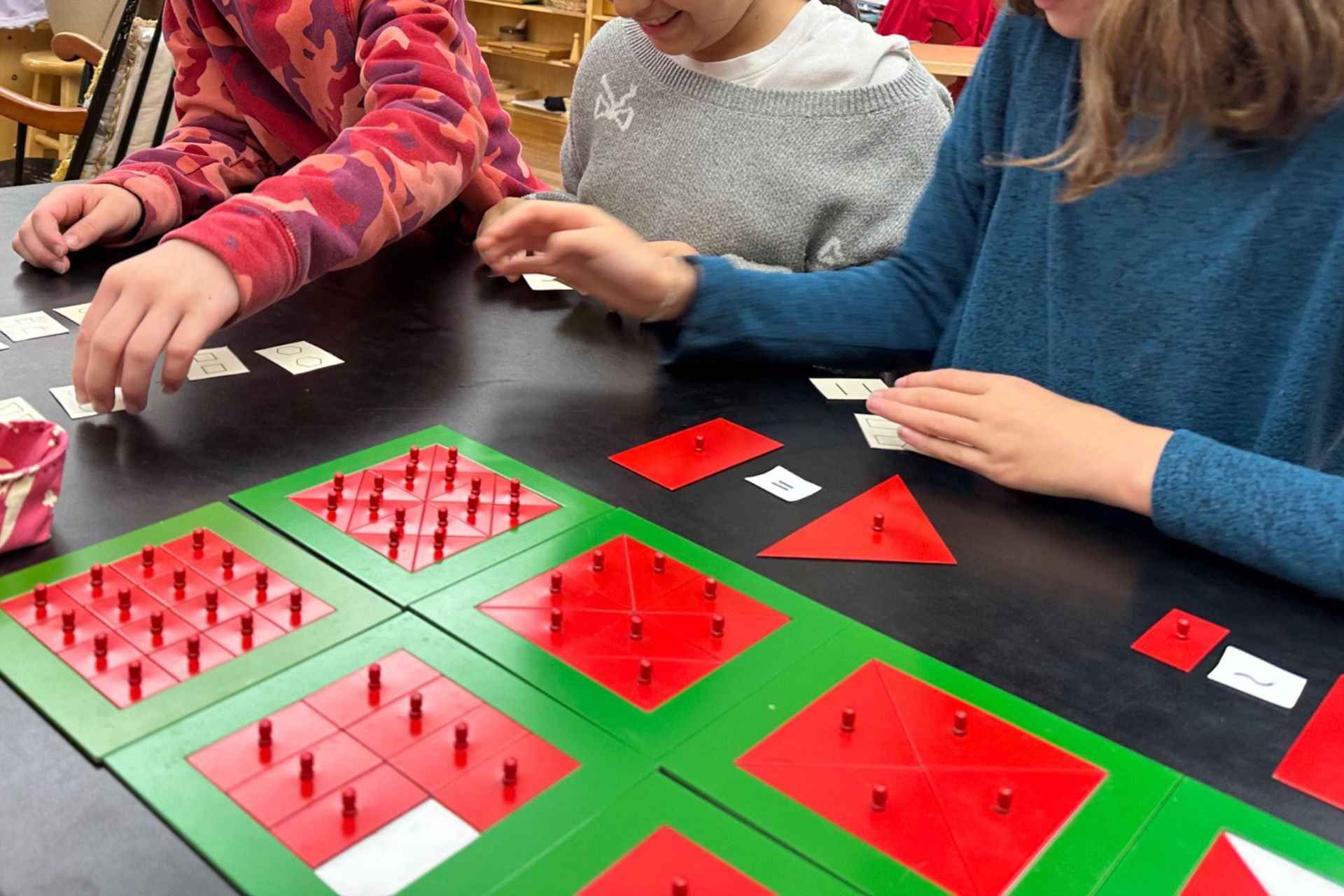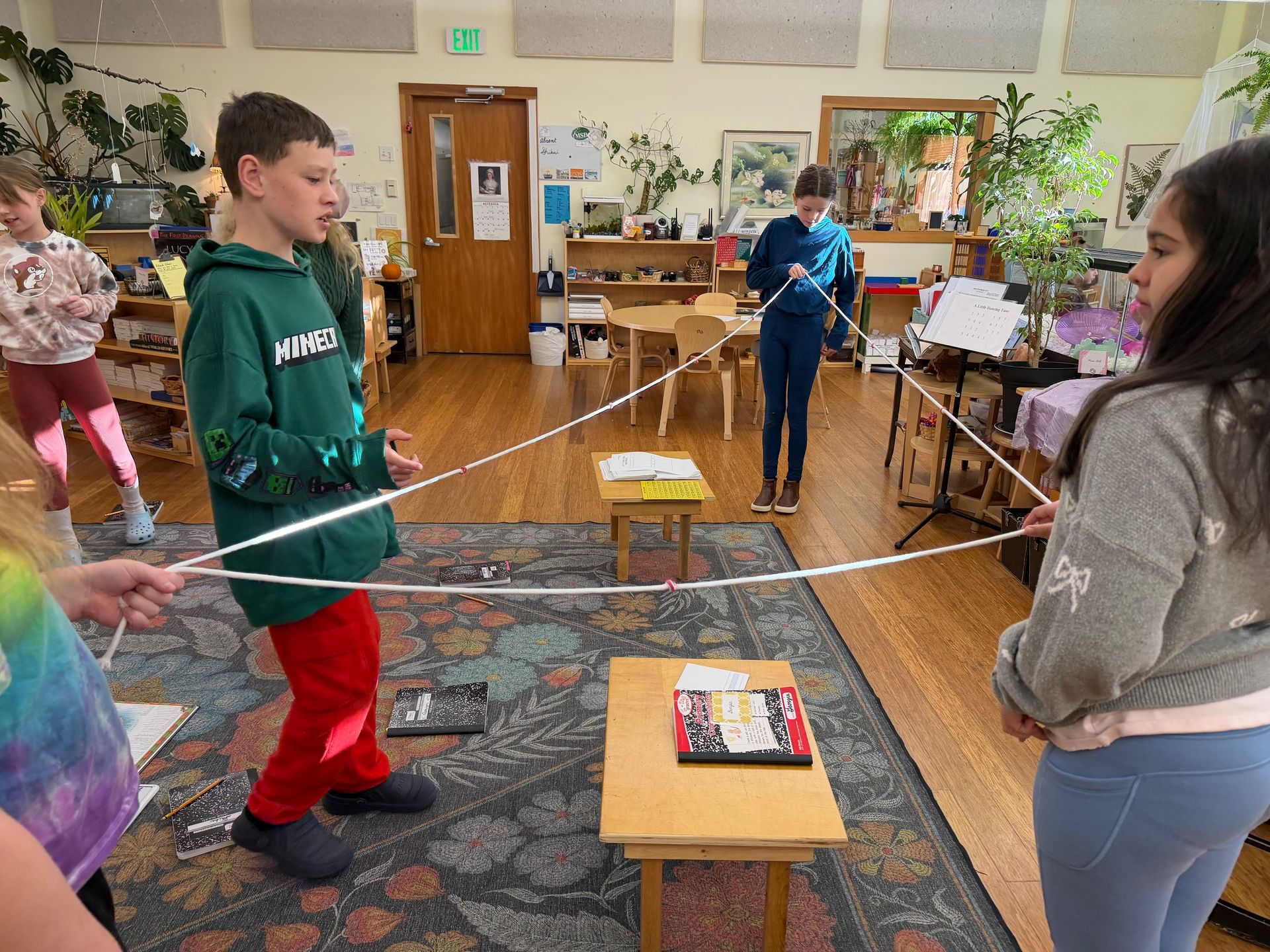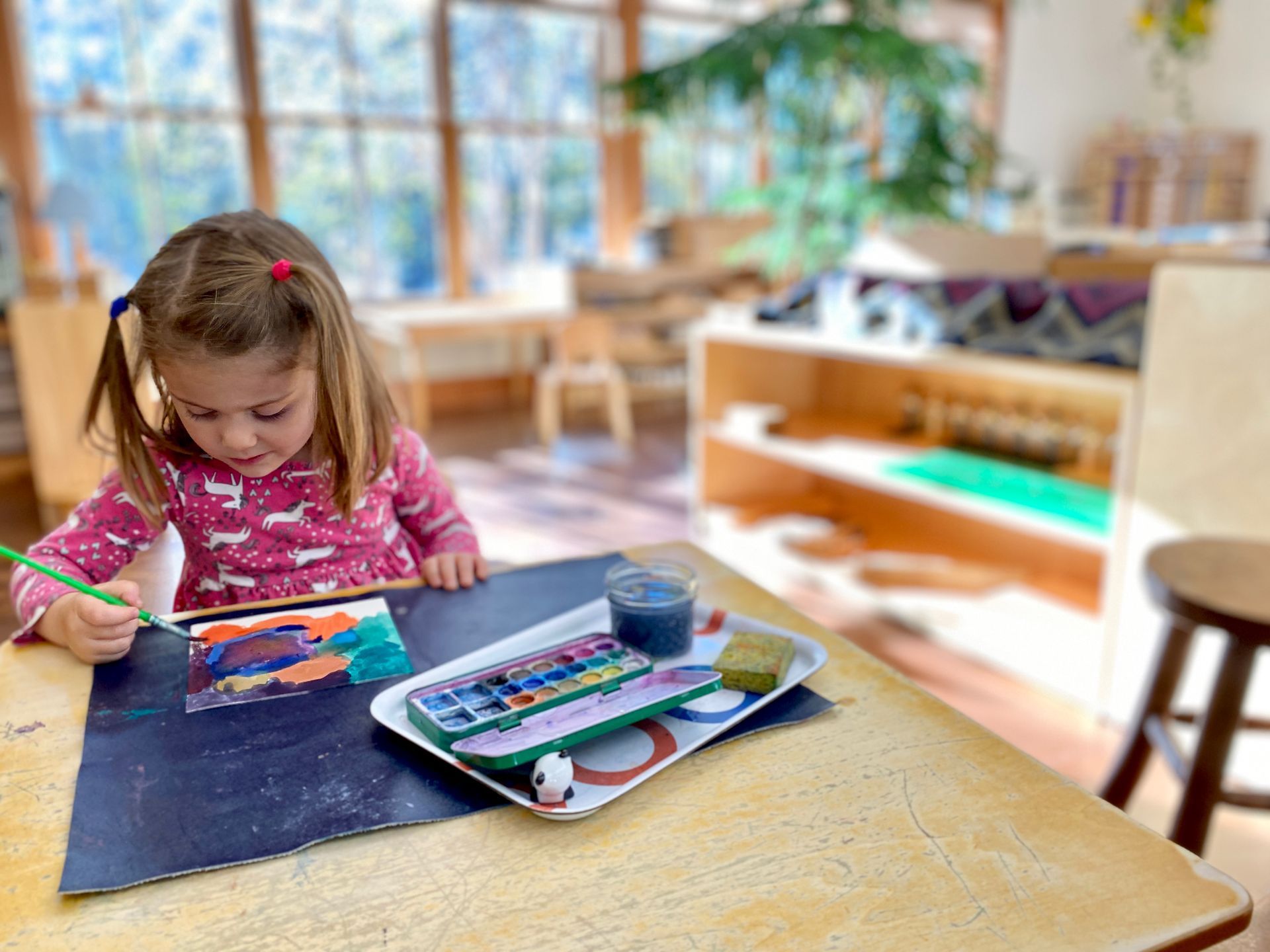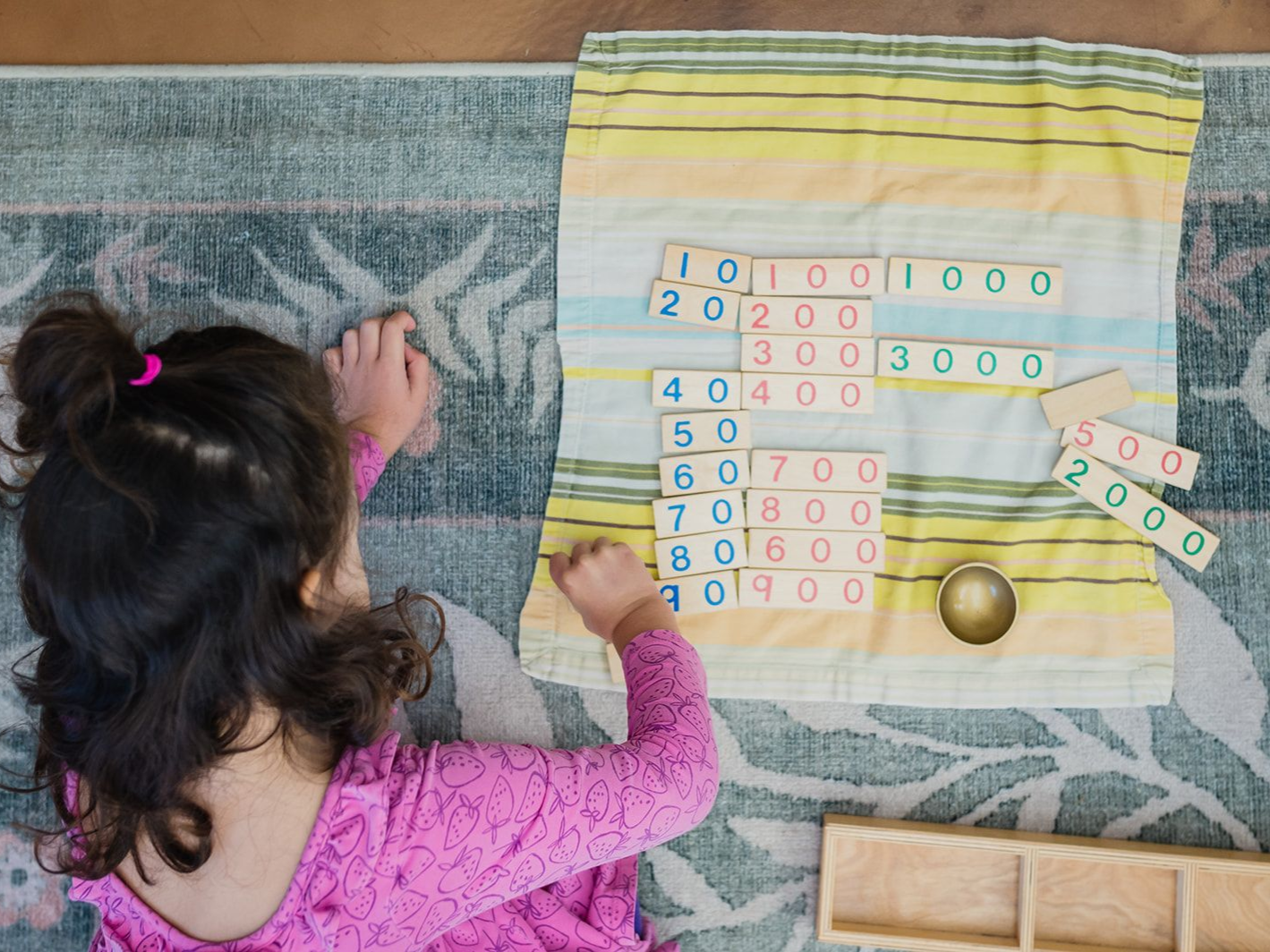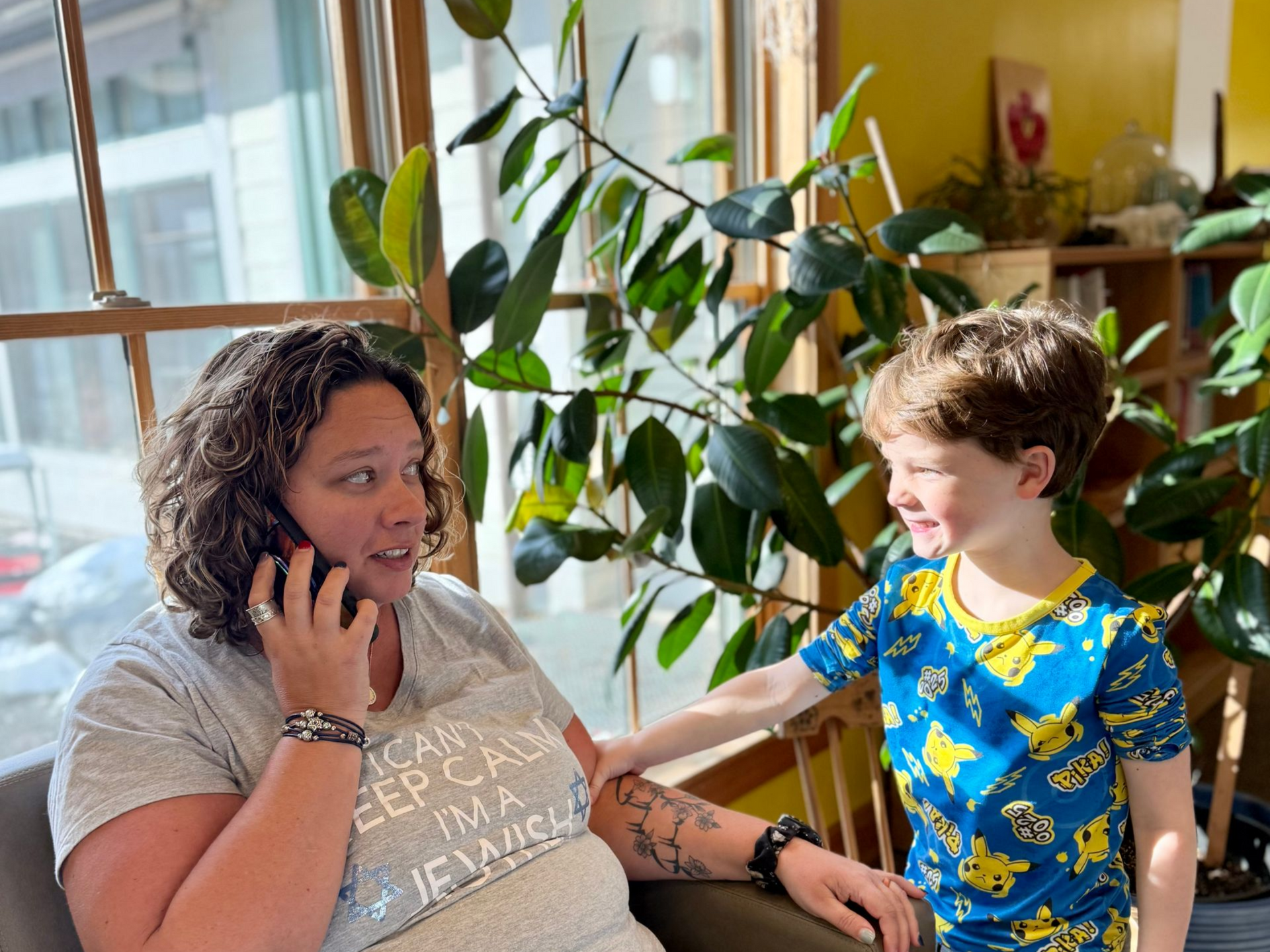5 Ways to Meet Your Teens Where They Are
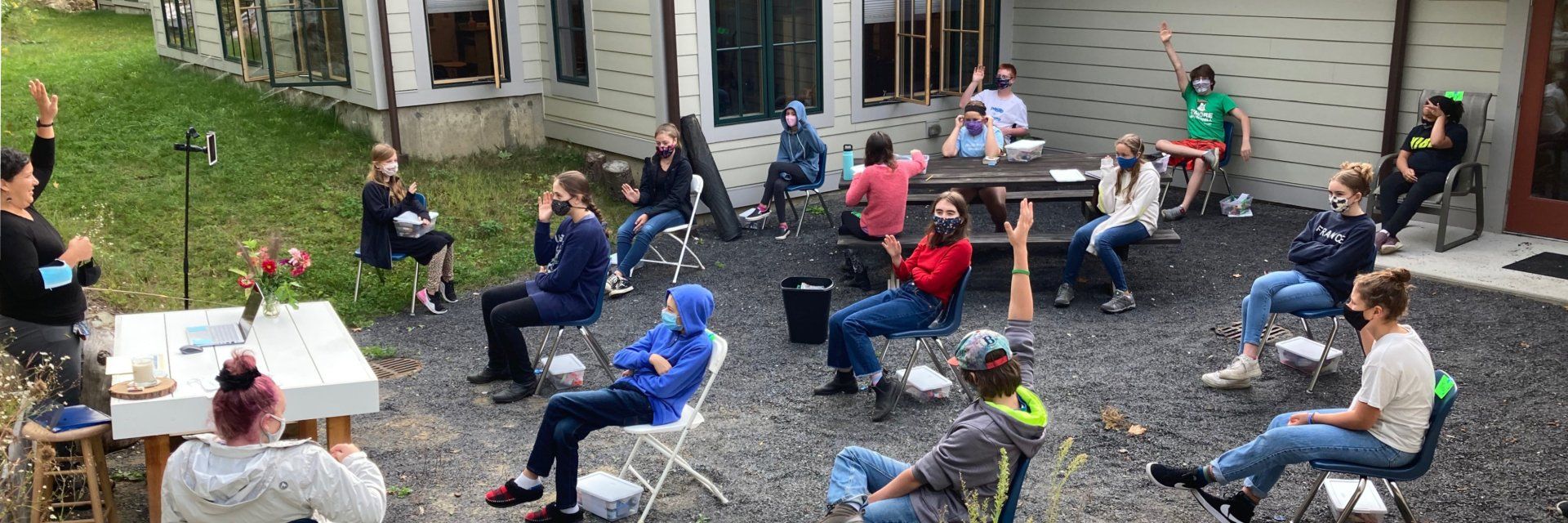
Adolescence is an amazing time in our lives. Everything is changing, everything feels new, and the future stretches out before us like a terrifyingly exciting mystery. Sometimes it can feel like a bit of a challenge parenting your teen, but it can help in those moments to stop and consider their perspective. It’s sometimes difficult to remember what it was like when we were in their shoes.
Parenting a teen is different from parenting younger children in many ways, yet there are plenty of similarities. It’s important to respect them as individuals, follow their lead, and consider their developmental needs. While that may seem vastly oversimplified, it’s always helpful to have core ideas upon which to rely.
More than perhaps any other time in life, adolescence is a time of balance. That gradual release of independence you’ve been working on their entire lives? When you find yourself inching toward the end of the continuum, it can be hard to know what to do and when.
Your child will make mistakes. You will make mistakes. With a little grace, respect, and a good sense of humor, you will all make it through this exciting and chaotic time together. Consider these five tips to help you on your way.
Give Them Space
That burgeoning independence will make much more regular appearances during the teen years. Let it! It is completely normal for your child to want to spend more time with their peers, to want to do things for themselves, and to want to start making their own major decisions. These are big changes, for sure, but they are also a beautiful sign that you have encouraged your child’s independence and given them a foundation upon which they have built a strong sense of confidence.
While your child isn’t an adult quite yet, they are certainly practicing to become one. If they are asking for more freedom and you’re not so sure, it can help to ask yourself the following questions:
- Have they shown responsible behavior?
- What are the risks associated with their request?
- How can you work together to mitigate those risks?
Does this mean you should acquiesce to your child’s every request for complete independence? Of course not! But, it can help to expect that they will ask, and checking our own internal dialogue and expectations can help you figure out what’s best.
Support Their Interests
Adolescence and young adulthood are a period in life when we are figuring out who we really are. One way we do this is to explore different interests. Whether your child leans into artistic, athletic, academic, social, or other endeavors, they’re counting on you to support them.
How can you support these interests? Ask your child questions. Be curious. Remember to comment on their efforts rather than the product of those efforts. Show up when they need you to.
They may not always see themselves as a painter/baseball player/actor, but they will absolutely remember the feeling of having a parent who supports them as they figure out who they are.
Find Things In Common
Once upon a time you could read them picture books or ride bikes together. Now they’d rather be with their friends and only seem to have time to read for school. There are times it will feel like you’re speaking different languages. That’s normal, and it doesn’t have to last forever.
As time goes on, pay attention to what they’re into. You may find they are discovering things you already love, or you may find yourself delving into your own new interests. You might be surprised as you bond over classic rock, visit art museums on the weekends, or hike together. Maybe you both like to follow funny animal Instagram accounts. Perhaps there’s a television show or movie genre you both are into.
Keep an open mind. You may be surprised to learn something new about your child, and they may be just as surprised to learn something new about you. Either way, finding activities to connect over is just as important now as it was when they were younger.
Keep Talking…and Listening
After you break into the “don’t drink and drive” lecture for the hundredth time, you will no doubt be met with groans and eye rolls. That’s okay. Let them groan. Teen’s brains are still developing, and they don’t always have the most solid decision-making skills. That’s not entirely their fault, and the more they hear you reiterating the important stuff, the better.
While it’s so important to remind your children about safety and expectations, don’t forget to keep reminding them how much you love them. Notice their efforts and achievements, and let them know that you’ve noticed. Try to make sure your positive comments outnumber anything that could be perceived by them as negative. Ask them questions about topics that they find interesting.
Yet just as important as talking (and maybe even more so) is listening. Your teen may feel like it’s hard to talk to you about sensitive topics, even if they want to. Pay attention to their comments and questions, and reassure them that you’re here to listen. Try not to cast judgment. Try not to solve their problems for them.
Oftentimes the best approach is to listen and ask what they need from you. They may just want a shoulder to cry on. They may want ideas or solutions. Either way, check in and see what you can do to best help.
- Remember They Still Need You
Even when your teen has shown they are responsible and independent, that doesn’t mean they want or can handle all the responsibility and independence that comes with adulthood. Your child is still a child, at least for a little bit longer.
There will be days they act like (and maybe even say) they don’t need you, but that doesn’t make it so. They still need you, they just need you differently than they did when they were six. Ask them if they want a hug once in a while. Tell them you’re proud and in awe of the person they are becoming. Remind them that you are there.
Our children are only little for a little while. Parenting is hard work, but it is one of the greatest, joyous journeys we can take. We encourage you to soak up every last moment of your child’s teenage years, and marvel at this incredible time of transition.




